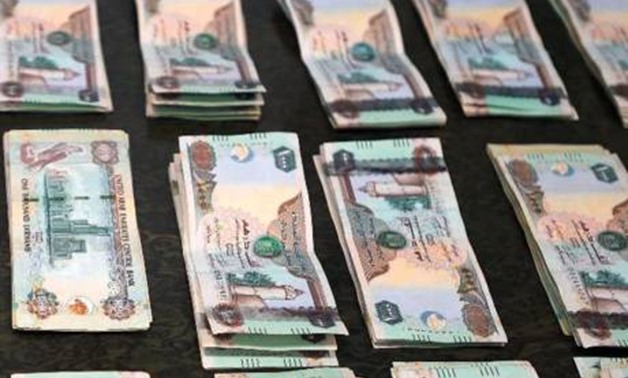
Libya agrees to impose fees on foreign currency transactions
TRIPOLI - 13 September 2018: Libya's U.N.-backed authorities decided on Wednesday to impose fees on foreign currency transactions as well as review fuel subsidies, a government statement said.
It gave no details how the fees would be implemented, given the weak grip of authorities challenged by armed groups that effectively control major banks and ministries.
The move is meant to close the gap between the official exchange rate of 1.4 dinars to the dollar and the parallel rate of between 6 and 7 dinars.
The gap has done much to distort Libya’s oil-dependent economy, contributing to a liquidity crisis and causing corruption as armed groups with access to dollars at the official rate make huge profits through import scams.
The government statement said the size of the fees would be determined within a week by Tripoli-based Prime Minister Fayez Seraj and Central Bank governor Sadiq al-Kabir.
It did not elaborate on the planned fuel subsidies review. Libya offers its citizens some of the world's cheapest fuel and bread prices but much of imported wheat or petrol is smuggled to Tunisia or Malta by armed groups for huge profit.
"In an important step towards alleviating the suffering of the citizen and reviving the economy, the economic reform programme and the executive steps were adopted today," the U.N.-backed government said in the statement.
The programme would tackle the dinar exchange rate by imposing fees "for commercial and personal purposes, and fuel subsidies" and other measures to correct economic distortions.
The issue of reforms took an urgent turn with the eruption of clashes between armed groups late in August vying for access to public funds. Libya has been divided since 2014 by rival authorities in west and east amid widespread anarchy since the fall of Muammar Gaddafi in a NATO-backed uprising in 2011.
Comments
Leave a Comment